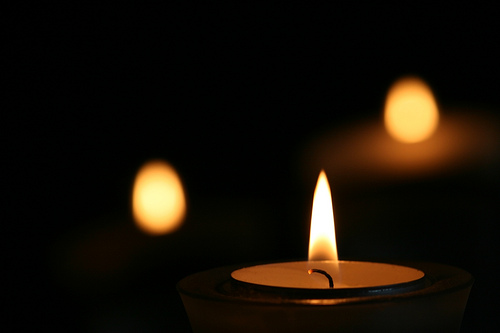Winter Chill in Purcell’s "The Fairy-Queen"
This week we’ve explored musical depictions of winter, from Samuel Barber’s Christmas-themed Twelfth Night to Tchaikovsky’s youthfully inventive First Symphony. Perhaps no music captures the desolate gloom of winter more vividly than Now Winter Comes Slowly from the fourth act of English composer Henry Purcell’s 1692 opera, The Fairy-Queen. In this case, the term “opera” should be applied loosely. The Fairy-Queen, an anonymous adaptation of Shakespeare’s A Midsummer Night’s Dream, still has one foot firmly planted in the world …




